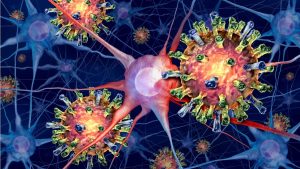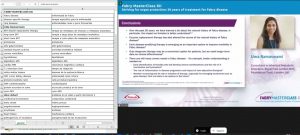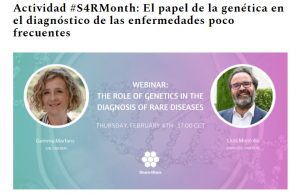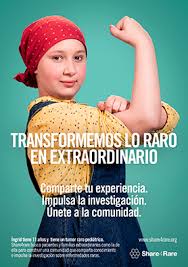The GoodElectronics network brings together networks, organisations and individuals that are concerned about human rights and sustainability issues in the global electronics supply chain. Members include trade unions, grassroots organisations, campaigning and research organisations, academia and activists. GoodElectronics and its members are not-for-profit only.
The GoodElectronics network has a vision of a global electronics industry characterised by adherence to the highest international human rights and sustainability standards. Labour rights and environmental norms are protected and respected throughout the entire production cycle, from the mining of minerals used in electronics products, to the manufacturing phase, and the recycling and disposal of electronics waste, both on the level of companies’ own operations and in the value chain.
In January 2014, the GoodElectronics network began a five-year programme funded by the European Union. The objective of the programme is to contribute to an electronics industry characterised by compliance with the highest international human rights and sustainability standards, where labour rights and environmental norms are respected throughout the entire production cycle.
This cycle includes everything from the mining of minerals to manufacturing of electronics devices to the recycling and disposal of electronics waste.
The programme aims for three results:
- Civil society organisations, including trade unions, are informed, supported and capacitated to play their role as a countervailing power in the electronics sector in order to empower precarious workers and address corporate abuse, both on the local and international levels.
- Mature industrial relations involving trade unions and electronics companies have been established on both global and national levels.
- Meaningful engagement between civil society and electronics companies and other relevant actors along the global electronics supply chain has developed.







